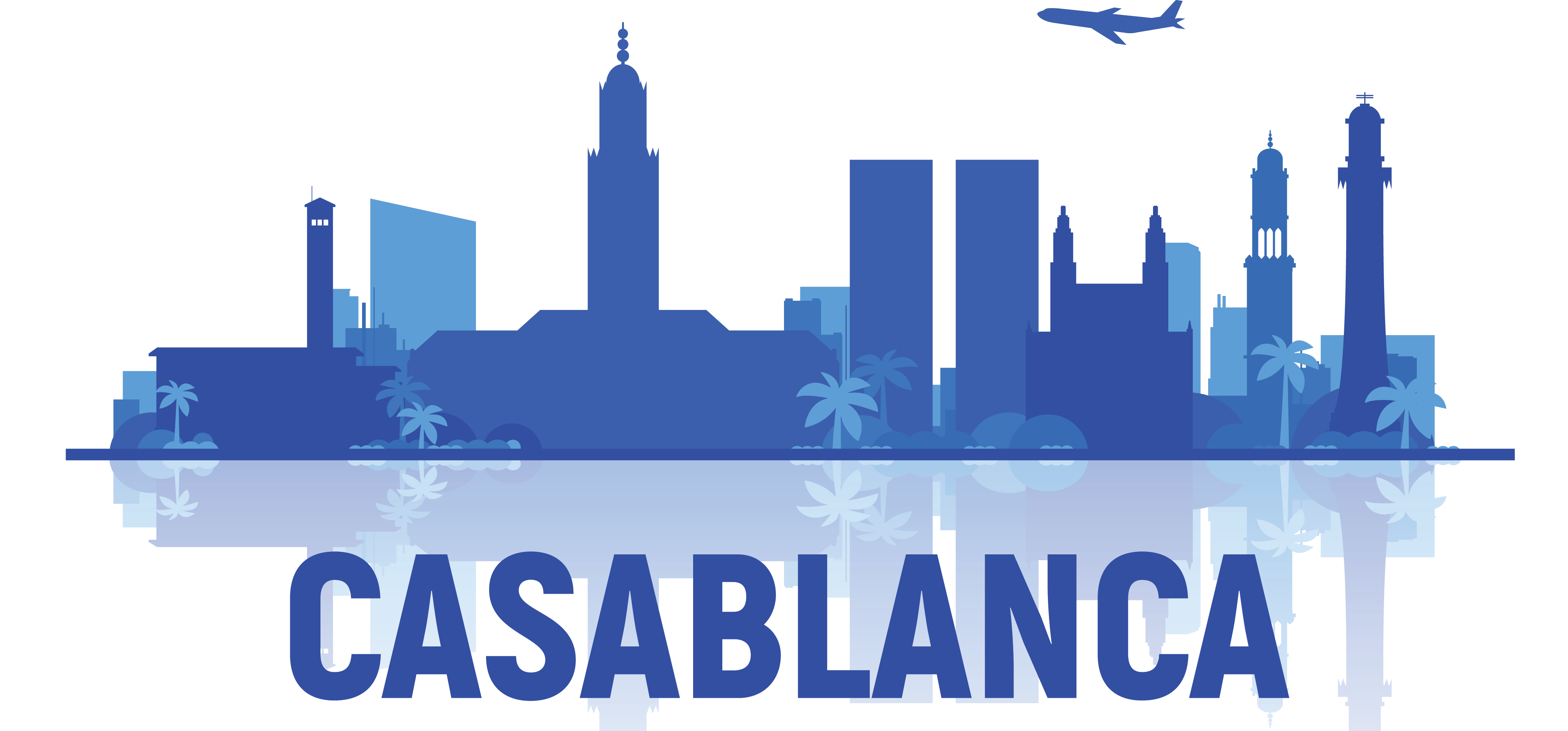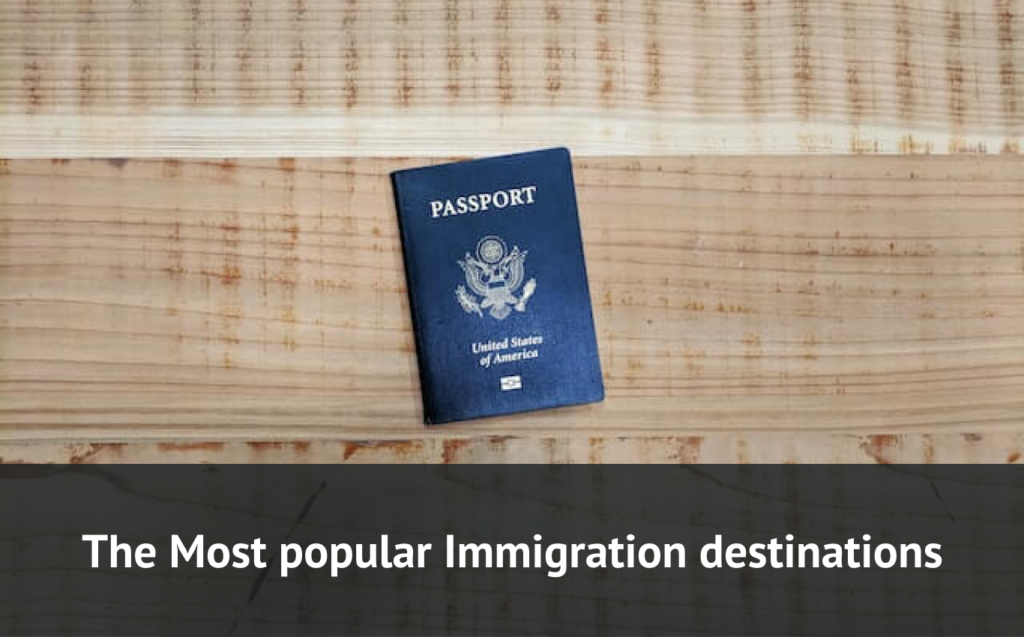 INTERNATIONAL CASABLANCA POSTS
INTERNATIONAL CASABLANCA POSTS
World Health Organization: 8 Protective Measures against Coronavirus
World Health Organization (WHO) has released a list of basic protective measures for the public to avoid being infected by the new coronavirus.
- Wash your hands:
WHO recommends that you frequently wash your hands with soap and water and alcohol-based hand rub if your hands are not visibly dirty. This is enough to get rid of the virus if it is in your hand.
- Respiratory Hygiene:
Cover your mouth and nose with a tissue or flexed elbow as you cough or sneeze. Then immediately dispose of the tissue in a bin and close it and wash your hands with soap and water and alcohol-based hand rub. The reason for this is to prevent the spread of the germs and viruses and contaminate the objects and people you touch.
- Social distance
Maintain 1 meter of distance at least between you and other people especially those that are coughing, sneezing or suffer from fever. People infected with coronavirus and other viruses cough or sneeze small droplets containing the virus.
- Don’t touch eyes nose or mouth
When you touch your eyes, nose and mouth you may transfer the virus from the surfaces that you touch to your system.
- Seek Early medical health
If you have fever cough or difficulty breathing or any form of respiratory symptoms and you have been to any of the corona-infected areas in China, let your care provider know as soon as you can. Early diagnosis will help control the virus and prevent its propagation.
- Stay at home
If you have mild respiratory symptoms but you have not traveled to China, stay at home and practice above mentioned respiratory and hand hygiene until you recover.
- Animals and animal products
When you visit a market of live animals or animal products, make sure wash your hands with soap and water after touch animals or animal flesh. Also avoid touch your eyes, nose, or mouth with your bare hands and stay away from sick animals or spoiled animal products.
- Avoid Raw or under-cooked animal products
It is a good safety practice to avoid raw milk and uncooked or under-cooked meat or animal organs
video: https://youtu.be/bPITHEiFWLc






